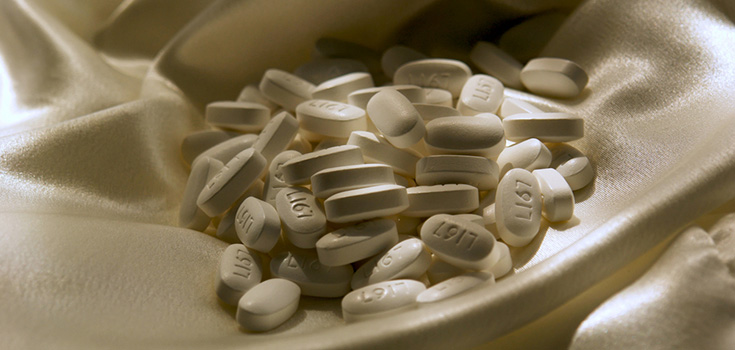Daily Low Dose Aspirin Linked to Deadly Conditions Such as Stroke

Readers may remember a few short years ago that there was an increase in the notion that by taking one pill of aspirin daily that you may save your heart from future attacks. Today, after those few short years of research, it has come to light that taking any dose of aspirin on a regular schedule may in fact detriment your health further than previously thought.
Daily Low Dose Aspirin Linked to Deadly Conditions Such as Stroke
The ad campaign for the low dose of aspirin launched at some point in 2007, taking hold of literally millions of people and deciding that it was in the best interest of many to be taking such a high risk – despite having previous knowledge that this can lead to far worse outcomes than a simple heart attack.
The research that has been performed has shown that the daily low dose of aspirin will most likely cause ailments such as Gastric Hemorrhaging and production of Ulcers in as much as 33% of the test subjects.
Over the years there have been even more studies showing even nastier results of the use of aspirin on the human body over extended periods of time: Those unlucky enough were shown to be at a much higher risk for a hemorrhagic stroke more than twice as frequently as those who would be without the aspirin regimen.
Even more recently there has been a discovery that after prolonged use of aspirin the risk for developing age related macular degeneration – or age related blindness – was significantly increased. The same age group as those who are at a higher risk for heart attacks, and hence those who aspirin dosage appealed to was said to be nearly double the rate than normal for going blind.
With those kinds of numbers it is a wonder why it was said to be a good idea in the first place. So the question remains, what can be used to lower the risk of a heart attack? Are there better alternatives? The answer is yes and they are fairly easily acquired. Among them are L-Arginine, an amino acid that helps to relax and dilate your major arteries to reduce blood pressure; Vitamin K2 found in supplements can reduce the buildup of calcium on the arterial walls, which prevents eventual hardening of the arteries; and finally Hawthorn Berry, an ancient oriental remedy consumed in tea is a great way to regulate your heart, serving as a natural dilator, opening bloodstreams as well.
Additional Sources:

Meanwhile drug companies profit on the deaths of these individuals and push aspirin as a life saver. No thanks!
I haven't taken aspirin or similar medications in years, natural alternatives are safer & more effective.
there was even more recent news on aspirin that prevents colon cancer and few other cancers if taken regularly for years. i dunno, which is a good idea ??
I'd recommend staying away from it, it's well-documented that drugmakers sponsor studies to promote the usage. It's called Pharma Bias.
what are you talking about ? aspirin is natural substance found in willow bark, how is it really pharmaceutical ?
lokomotiv, aspirin is not natural. Aspirin is modified salicylic acid. It's named "acetylsalicylic acid." Basically Aspirin is a semi synthetic derivative of salicylic acid from willow bark just like how heroin is a semi-synthetic derivative of morphine from the poppy plant.
Or how hydrocodone, oxycodone, naloxone, and buprenorphine are semi-synthetic derivatives of "thebaine," the most poisonous alkaloid from the poppy plant.